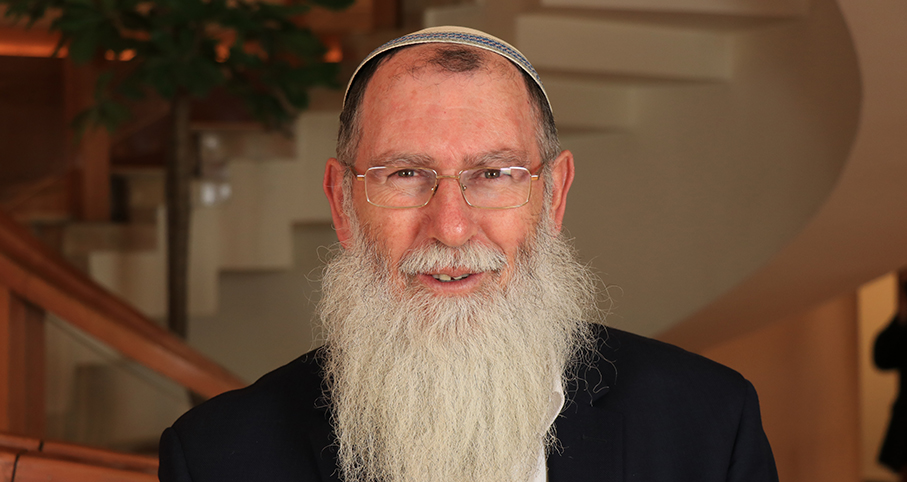Beit Midrash
- Family and Society
- Torah and Daily Life
- Additional Lessons
Avraham and Sarah are forced to leave their comfortable surroundings and wander into the Land of Israel. The Land of Israel is then occupied by hostile Canaanite tribes, pagan and guilty of wanton evil behavior. The city of Sodom with its accepted banal and evil way of life is a major influence in the land. It is an inhospitable environment in which to somehow project ideas of monotheism, compassion, goodness and care for other human beings. There are major wars that involve nine kings and engulf the entire region in armed conflict for twenty-six long years. (Afghanistan, Iraq, Israel vs. the Arabs?) The economies of the region collapse due to a great drought and famine that visits the area. Avraham feels betrayed when his own flesh and blood, his nephew Lot, deserts him and instead moves to Sodom and adopts its sinful ways. Unable as yet to produce their own offspring Avraham and Sarah bring a stranger, Hagar, and eventually her son Yishmael into their home. Beset by troubles and destructive events in the outside world and in their own home environment, one would have expected Avraham to hand the baton back to God, so to speak, and retire from the fray. Controlled by events over which they seem powerless to oppose, Avraham and Sarah never waver from their mission and their purpose in life. And eventually, against all odds, they succeed and triumph. Their message is heard and accepted and becomes the dominant theme for all civilization’s progress through the generations of time.
The rabbis of the Midrash stressed that the story of our fathers and mothers remains the guiding advice for all later times as well. In our current times of angst and overwhelming problems the spirit of Avraham and Sarah and their courage and determination are to be emulated and encouraged. In reality we have no other choices. Our task is to build our families and homes. We have to create an atmosphere where the physical and monetary are not the primary goals of our existence. In biblical times, such as those that we are currently living through, biblical behavior is certainly in order. A certain sense of idealism, sacrifice, national unity, abandonment of all of the false gods and ideologies that have so corrupted us over the past two centuries, and a rebirth of faith and tenacity in our God, our people and our state is necessary. The Torah is not meant as a history book. It is the book of humankind that points the way towards the values and behavior patterns that alone guarantee our success and survival as a special people and nation. We should therefore pay especially close attention to the Torah readings of the next few weeks. These readings do not tell us only what was. They describe for us what currently is and how to deal with our present situation. By so doing we will reinforce the self-confidence that we so sorely need in order to reach our ultimate goals of peace, goodness and personal and national security.
Treatment of animals
Rabbi Eliezer Melamed | 5772
The Lost Computer File
Rabbi Berel Wein zt"l | Kislev 9 5781






















